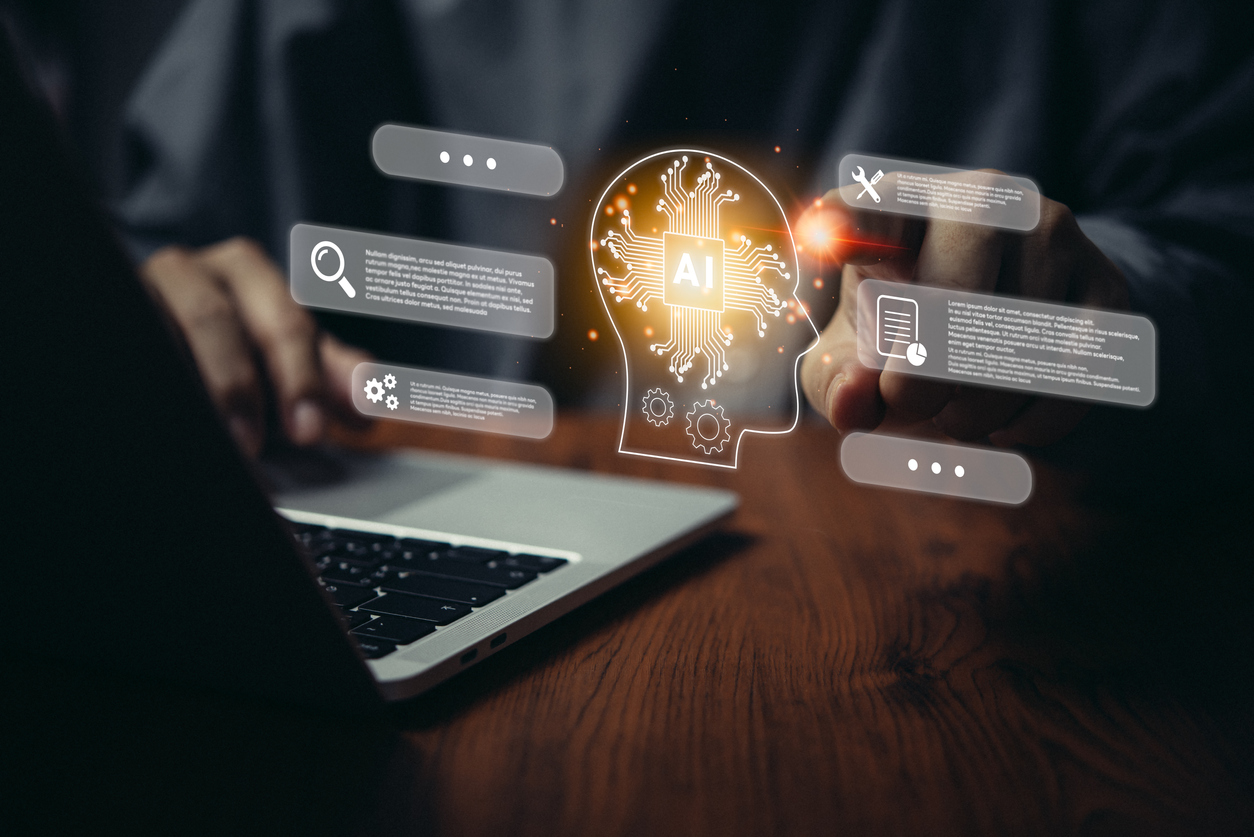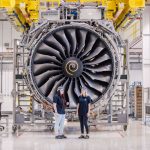OpenAI has signed a $38 billion multi-year deal with Amazon Web Services to secure cloud computing power for AI training and deployment. The agreement marks a major shift in the AI industry’s financial landscape, expanding OpenAI’s infrastructure beyond Microsoft’s Azure. Analysts say the deal underscores the escalating costs and competition in the race to dominate global artificial intelligence infrastructure.
OpenAI and Amazon’s $38 Billion Deal: The Future of AI and Finance
In a move that has stunned Silicon Valley and Wall Street alike, OpenAI has inked a $38 billion multi-year deal with Amazon Web Services (AWS), securing massive cloud infrastructure to power its next-generation AI models.
This partnership not only solidifies Amazon’s return to the forefront of the AI arms race but also redefines the financial dynamics of artificial intelligence where compute power, not code, is the new currency.
A Strategic Realignment in the AI Industry
OpenAI’s decision to expand its infrastructure partnership beyond Microsoft Azure reflects a strategic diversification in its operations. With AWS offering specialized Nvidia GB200 and GB300 chips, OpenAI is ensuring it can meet the soaring demand for generative and agentic AI.
According to Amazon, the collaboration will give OpenAI access to “hundreds of thousands of state-of-the-art NVIDIA GPUs,” enabling scalability to “tens of millions of CPUs” for complex workloads.
“Scaling frontier AI requires massive, reliable compute,” said OpenAI CEO Sam Altman in the announcement, underscoring how infrastructure access has become central to competitive advantage in the AI sector.
The Financial Stakes: AI’s $500 Billion Infrastructure Race
This deal also highlights the ballooning costs of AI development. Between 2026 and 2027, U.S. companies are projected to invest more than $500 billion in AI infrastructure, according to financial analyst Derek Thompson.
Patrick Moorhead, Chief Analyst at Moor Insights & Strategy, remarked, “Many people said Amazon was behind in AI, but they just put $38 billion up on the board — that’s exceptional.”
According to analysis reviewed by CEO Today, such large-scale infrastructure spending suggests that AI may soon become one of the largest capital expenditure sectors globally, rivaling energy and defense in total investment value.
The Legal and Regulatory Outlook
With such monumental deals, questions are also emerging around antitrust and regulatory oversight. The U.S. Federal Trade Commission (FTC) has already shown interest in scrutinizing major AI partnerships, particularly those that could reinforce the dominance of a few tech giants in cloud infrastructure.
Legal experts suggest that the OpenAI-Amazon agreement could become a test case for how regulators view vertical integration between AI developers and cloud service providers, a space already under intense political and legal scrutiny.
OpenAI’s For-Profit Shift and Investor Implications
OpenAI’s recent adoption of a new for-profit structure, converting its operations into a public-benefit corporation enables it to raise vast amounts of capital from investors while maintaining nonprofit oversight.
This hybrid model allows OpenAI to scale aggressively while still aligning its mission with broader ethical commitments. Analysts note that it positions OpenAI uniquely to attract both venture and institutional funding, a critical advantage in an industry where the cost of entry now stretches into the billions.
A New AI Economy Takes Shape
The OpenAI-Amazon alliance signifies a new phase in the AI economy one defined by financial muscle, infrastructure dominance, and legal maneuvering as much as technological innovation.
As governments and investors watch closely, this deal may well set the tone for the next decade of artificial intelligence growth: a high-stakes race where compute, capital, and compliance are inseparable pillars of progress.














